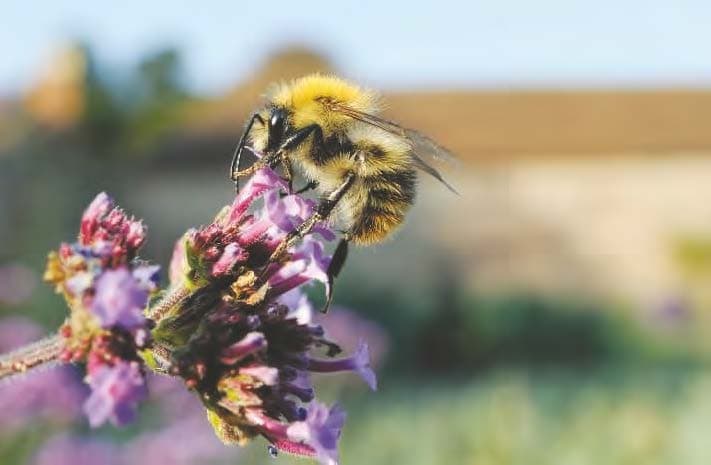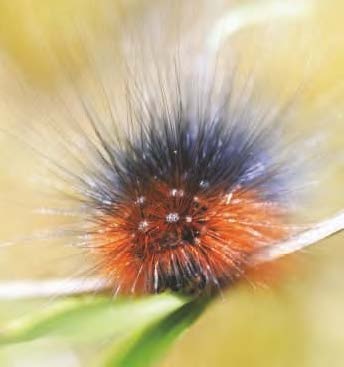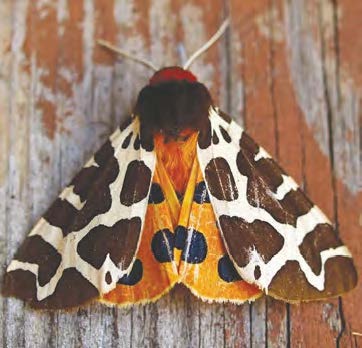Take Action for Insects
Kent Wildlife Trust explain how you can help combat the decline in insects which are vital to both the environment and economy of the Garden of England.
You can take two simple actions today that will make help make a difference:
- STOP killing insects by reducing our use of pesticides where we live, work and farm.
- START to create more insect-friendly habitats in towns, cities and the countryside.

Insects may be small but they make up the bulk of known species on earth. They are critical to the functioning of terrestrial and freshwater ecosystems, performing vital roles such as pollination, seed dispersal and nutrient cycling.
A new report, Insect Declines and Why They Matter, commissioned by a group of Wildlife Trusts in the south-west has revealed conclusively that drastic declines in insect numbers look set to have far-reaching consequences for wildlife and people. The new report, authored by invertebrate expert Dave Goulson, Professor of Biology at the University of Sussex, highlights the real and lasting knock-on effects of the declines on insect-eating birds, bats, and fish, and also the cost to society in terms of the millions in lost revenue and broken ecosystems.
In parallel to revealing the urgency of the problem, the report however also highlights a clear path to reversing the worrying rate of decline and suggests measures that could take the nation off the route to what is an imminent ecological disaster. The Trusts believe that with coordinated and concerted action from government, local authorities, food growers and the public, insect populations can recover and thrive once more so they can fulfil their incredibly important roles in the ecosystems that support all life.

Paul Hadaway, Director of Conservation at Kent Wildlife Trust says:
“Insects are vital to both the environment and economy of the Garden of England. In Kent, we rely on pollinating insects for the prosperity of our agricultural, horticultural and fruit growing sectors. Therein lies one of the key conflicts this report highlights, the damage done to insect abundance by the use of agricultural and garden pesticides is a reflection of how disconnected we have become from the nature we rely on. Many of us will remember the clouds of insects we used to see caught in our headlights, and our Bugs Matter monitoring programme which measures bugs on car bumpers, is one project which highlights the dramatic losses we have seen over the past decades.
The rate at which insects have declined in the past 20 years is something which should not only shock but also motivate us all to take action. Kent Wildlife Trust can help you be part of the solution, whether advising on making our own gardens more insect-friendly, supporting organic approaches to growing our food, improving our road verges and urban spaces for wildlife generally and insects in particular, there are multiple ways we can make a difference. The time to do this has never been more pressing and the role of organisations like Kent Wildlife Trust, our members and the communities we work with across Kent never more vital.”

The Wildlife Trusts around the United Kingdom are making sure to stop this decline and continue the work we do in building a Nature Recovery Network for Insects. Through Projects like Wild about Gardens, Bugs Matter, Nature Recovery Network and Roadside Reserves at Kent Wildlife Trust we work together to address the causes of insect loss, halt and reverse them, and secure a sustainable future for insect life and for ourselves.
Please help by making a pledge to Take Action for Insects and when you sign up we will provide you with two free Action Guides to help you go chemical-free in your garden and to make your garden a haven for wildlife. Go to kentwildlifetrust.org.uk/action-insects to access the report and for information on how to get involved.
Posted in: Gardens
